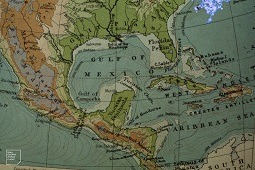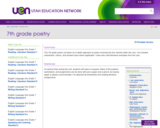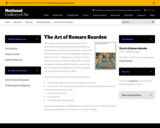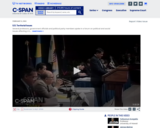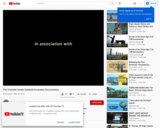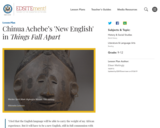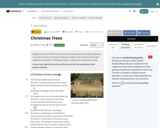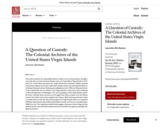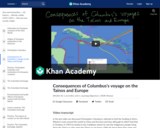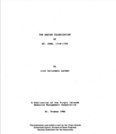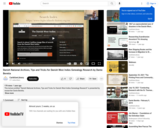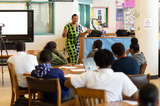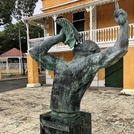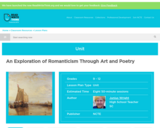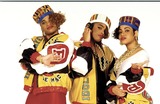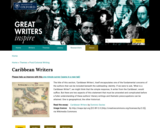This lecture entitled “Danish National Archives, Tips and Tricks for Danish West Indies Genealogy Research” is presented by researcher Dante Beretta.
The Danish National Archives (Rigsarkivet) has the largest collection of historical documents related to the Danish West Indies, now known as the U.S. Virgin Islands. Dante will share tips and tricks on how to be more effective in discovering your family story in these valuable documents. He uses his own family research as an example throughout the presentation.
Dante has researched his family story in the Virgin Islands/Danish West Indies through many generations and writes family stories as short vignettes, including "My Emancipated Ancestors", “How Crown House Survived the Hurricane of 1916", "Early St. Thomas Panoramas - 1850s", and "Taking the Last Danish Census - 1911" just to name a few. Dante’s familiarity with the Danish records is tied to his research and to his experience as a volunteer helping to transcribe records within the Danish National Archives West Indies Collection.
About the Danish Archives West Indies Collection
In 2017, with the support of AP Møller and his wife, Chastine Mc-Kinney Møller's Foundation for General Purposes and the Ministry of Culture, the National Archives marked the anniversary by disseminating the original documents and sources as well as the history of the colonial era. The National Archives 'digitization project "Danish West Indies - sources of history" ran for four years, and the digitized records were presented on the website www.virgin-islands-history.org. There you can find an enormous number of records, descriptions, protocols, letters, and illustrations, all of which provide a unique insight into history. The documents became available to everyone on March 1st, 2017, via the website.
The documents from Denmark's colonial era in the West Indies were included in UNESCO's list of world cultural heritage in 1997 and are thus recognized as an important part of the world's cultural heritage. But for many years, the documents have almost only been used by a small group of particularly interested researchers in Denmark. The National Archives wanted everyone to have access to the sources - including all those who have family ties back to the colony, regardless of whether they live in the West Indies, in Denmark, or the USA.
The National Archives scanned and digitized most of the documents and offer a list of archive creators and archive series on the website. Now everyone has access to the documents without having to travel to Copenhagen, Denmark. It just requires a computer, access to the web, and a good portion of patience!

